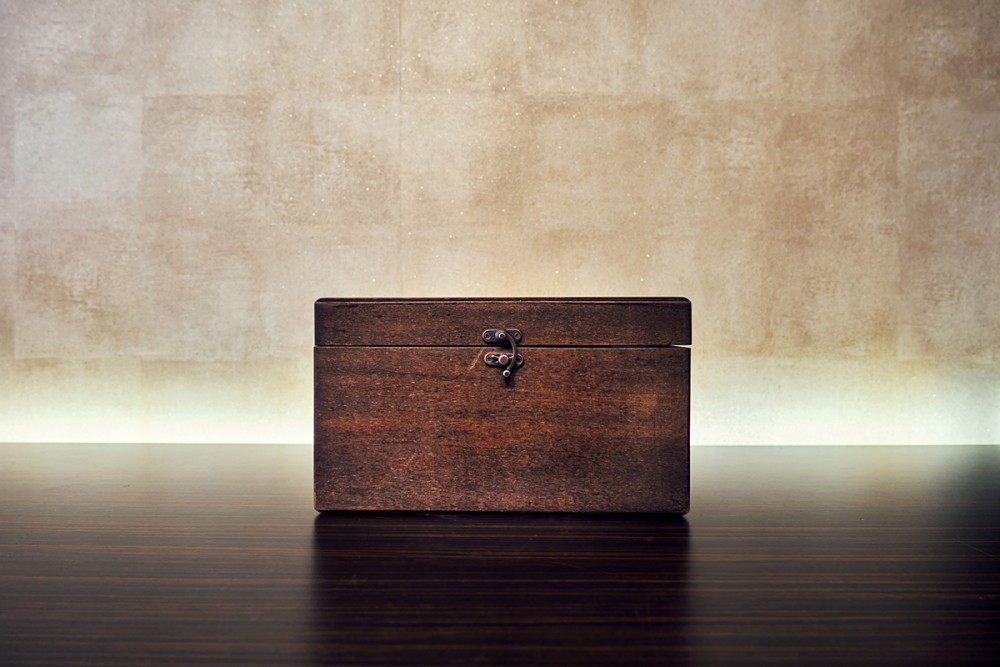Leave it with me
He was moving away, the stranger said, and he wanted to leave a box in my care.

Some time ago I was approached by a man I’d never met before. I quickly realized he was frightened. His voice quavered, and he was reluctant to hold my gaze. He had in his hand a box, and it was clear that whatever was inside the box was very precious to him. He had a strong accent, and I struggled at first to understand what he was saying. But there was no doubt he wanted to give the box to me.
I’m always open to receiving random acts of kindness, but it was evident this wasn’t a present. I said, “Let’s find a place to sit down and talk.” Gradually I learned why he was so scared. He came from a country where democracy was unknown and the rule of law was a joke, where being opposed to the regime was a dangerous thing to be. He had observed many ways in which the government oppressed its people, and he’d compiled a dossier which had got him into trouble. I could almost feel him looking over his shoulder during the conversation, even in the safety of London.
But it became apparent that he intended to return to his country, in spite of the danger that almost certainly awaited him there. He had commitments, he loved his people, and he had no plan to stay in London and claim asylum, despite the considerable evidence of the jeopardy he would be in. He said, “I know where my home is, and it’s not going to get any better if all the people who want a better future leave.” London had been good to him and had given him a sense of well-being and welcome he hadn’t known for a long time. He’d only spent a small part of his life in London, but, he said, “It’s the closest I’ve known to feeling safe.”




